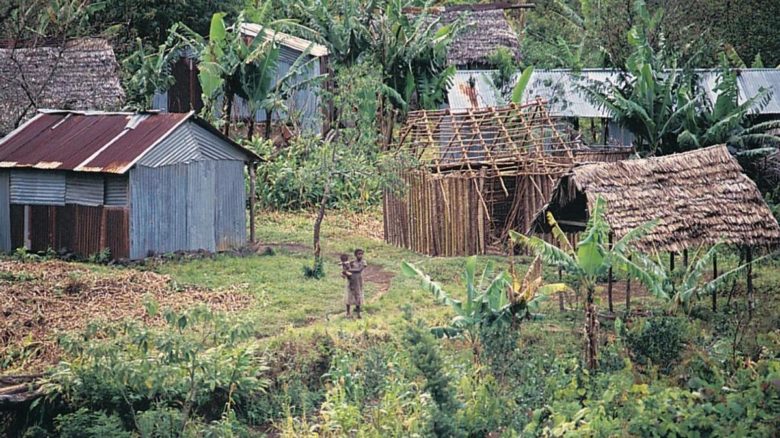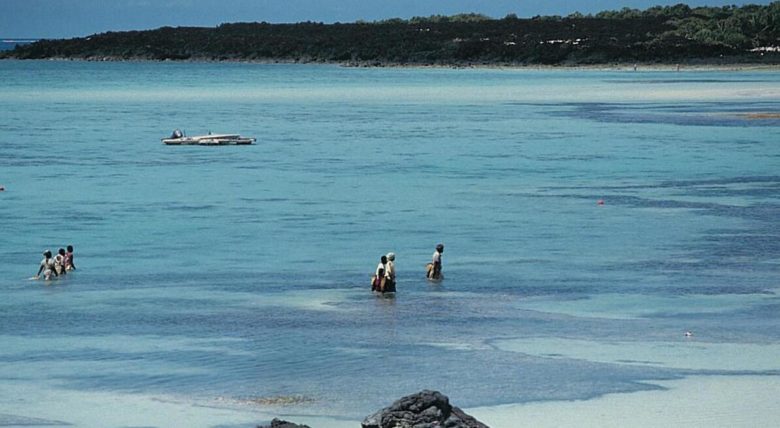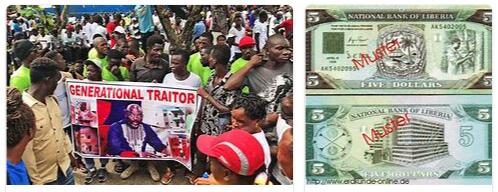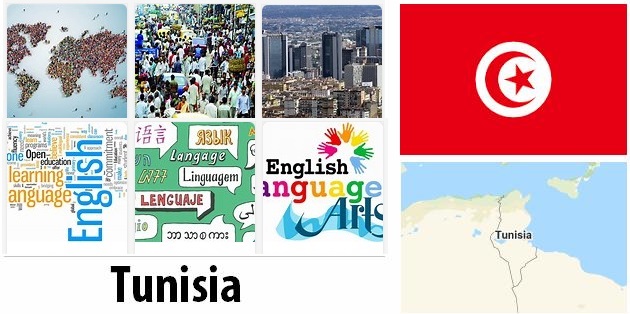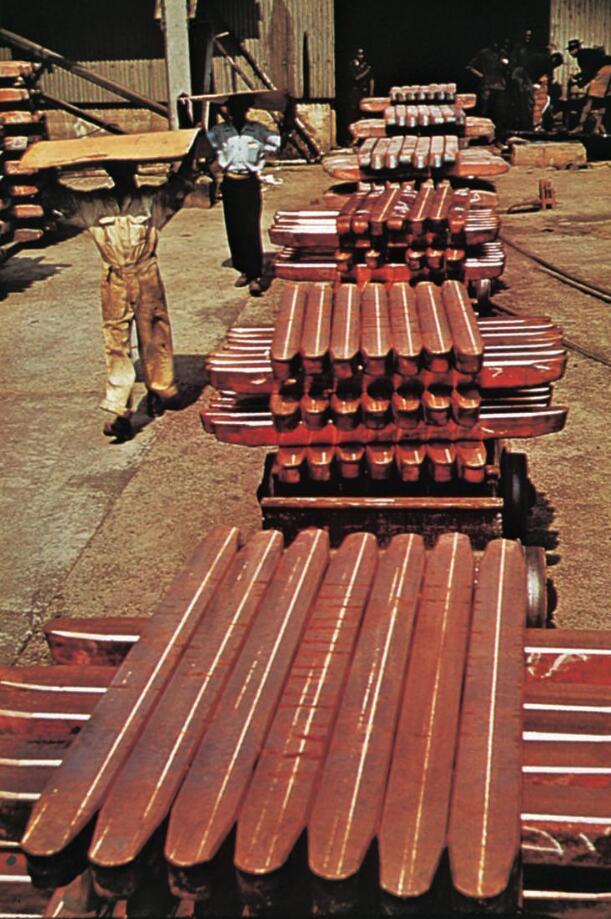Economy and Business in the Comoros
Comoros are among the world’s least developed countries, and depend entirely on financial aid from abroad, as well as money transfers from Comoros abroad. Relative overpopulation and high unemployment, as well as lack of agricultural land and other natural resources, have led to extensive emigration; about. 1/3 of the country’s population live abroad, most of them in France. Equally, the country is one of the most densely populated in Africa. Great political turmoil over many years, including disputes between the different islands, has helped to weaken the development of the country. Lack of stability has also prevented foreign investment; aid has also been reduced for the same reason. Alongside some tourism, exports of a small number of agricultural products – vanilla, spice liqueur and ylang-ylang – generate currency revenue, but the Comoros also depend heavily on the price of these commodities on the world market. The largest sector in the economy is service, which accounts for approx. 55% of GNI (2004); primary industries account for about 41%.
Agriculture is the dominant industry and employed in 2002 approx. 73% of working people. It is mainly operated as self-storage farms with cultivation of cassava, sweet potatoes, bananas and rice. The best soil is used for plantation agriculture, with cultivation of vanilla (mostly in Njazídja), perfume plants (especially ylang-ylang in Nzwani), coconuts (mostly in Mwali), spice liqueur, coffee and cocoa. Vanilla is by far the most important export item; demand – and price – are being threatened by cheaper production, among other things. in Indonesia and Madagascar, as well as chemical substitutes. Comoros is one of the world’s largest producers of vanilla, and the largest producer of ylang-ylang, used in the manufacture of perfume.
There is a modest fishing, including shrimp and lobster. The country’s fisheries have the potential for more than doubled catch compared to the approx. 12,000 tonnes recorded in 2002. Tuna is operated by vessels from the EU.
The Comoros have little industry, limited to the processing of vanilla, perfume essences from ylang-ylang, spice liqueurs and copra for export.
France is the Comoros’ most important trade link, accounting for only about half of the archipelago’s foreign trade.
The economic development of the Comoros is difficult due to. of poorly developed infrastructure, both on land and at sea. Most of the transport between the islands takes place by boat, and the national airline stopped operations in 1994. Moroni at Njazídja has an international airport. The main port cities are Moroni, Mutsamudu on Nzwani and Fomboni on Mwali, and all three islands have regular boat connections with Madagascar and the coast of East Africa.
Catch of fish by the Galava beach, a few miles north of the capital Moroni, on the island of Njazídja. Beaches like this attract many tourists, but a poorly developed infrastructure and politically unstable conditions negatively affect the tourism industry.
